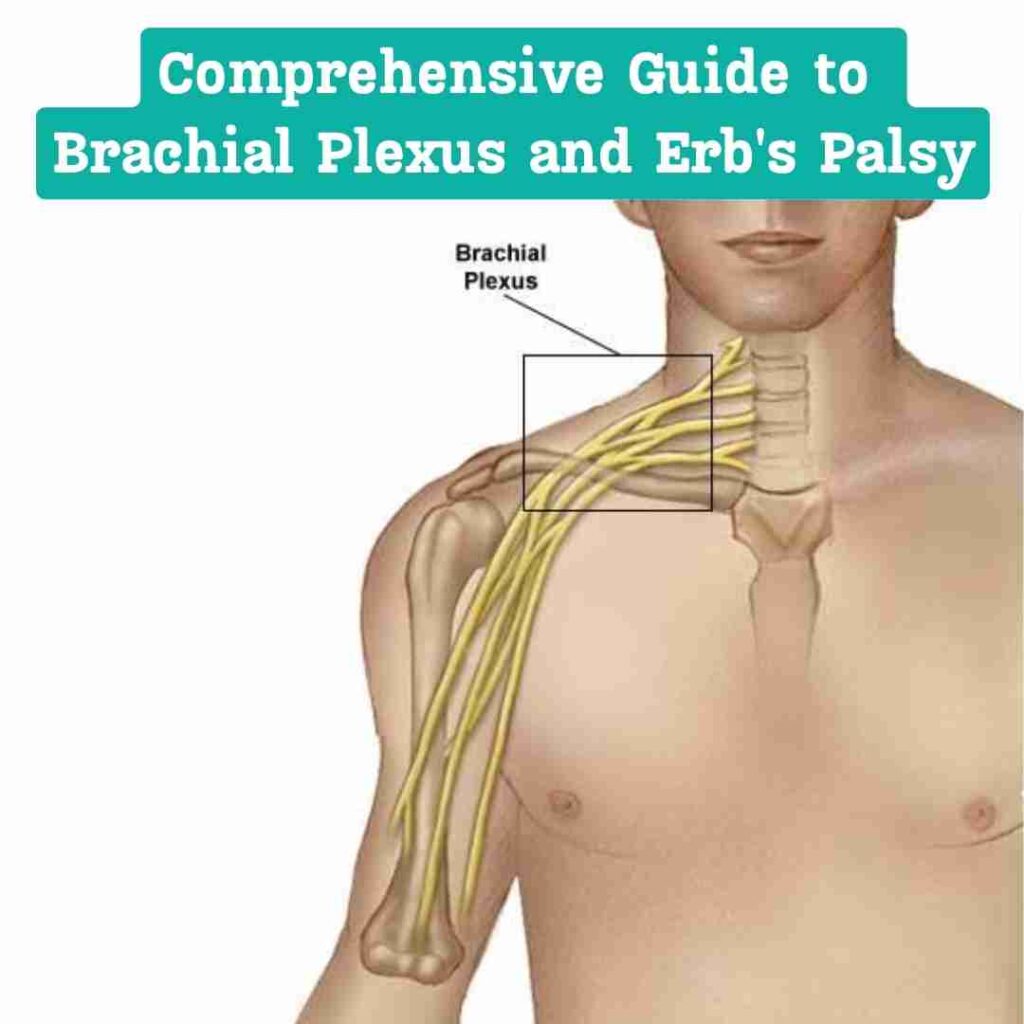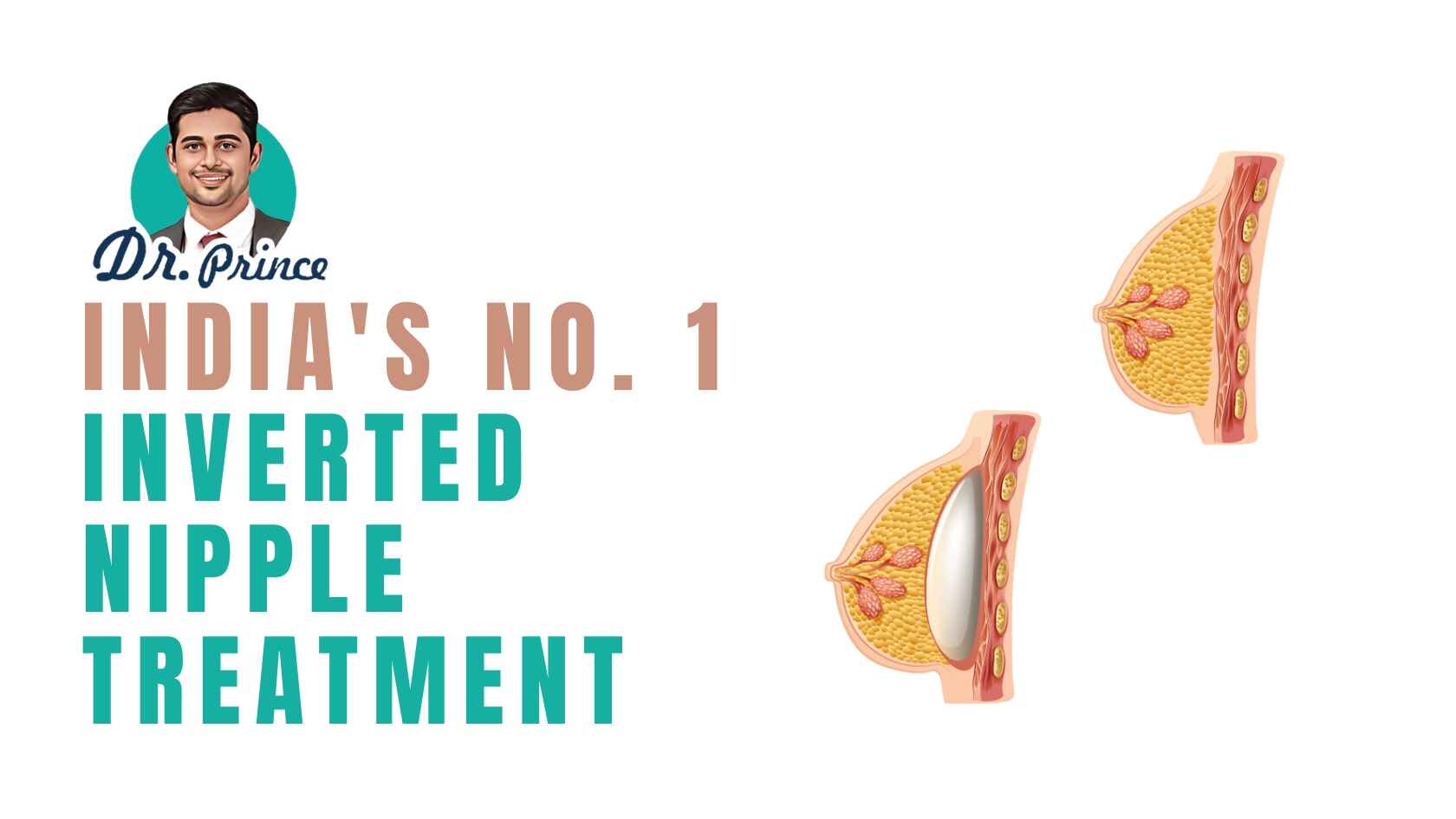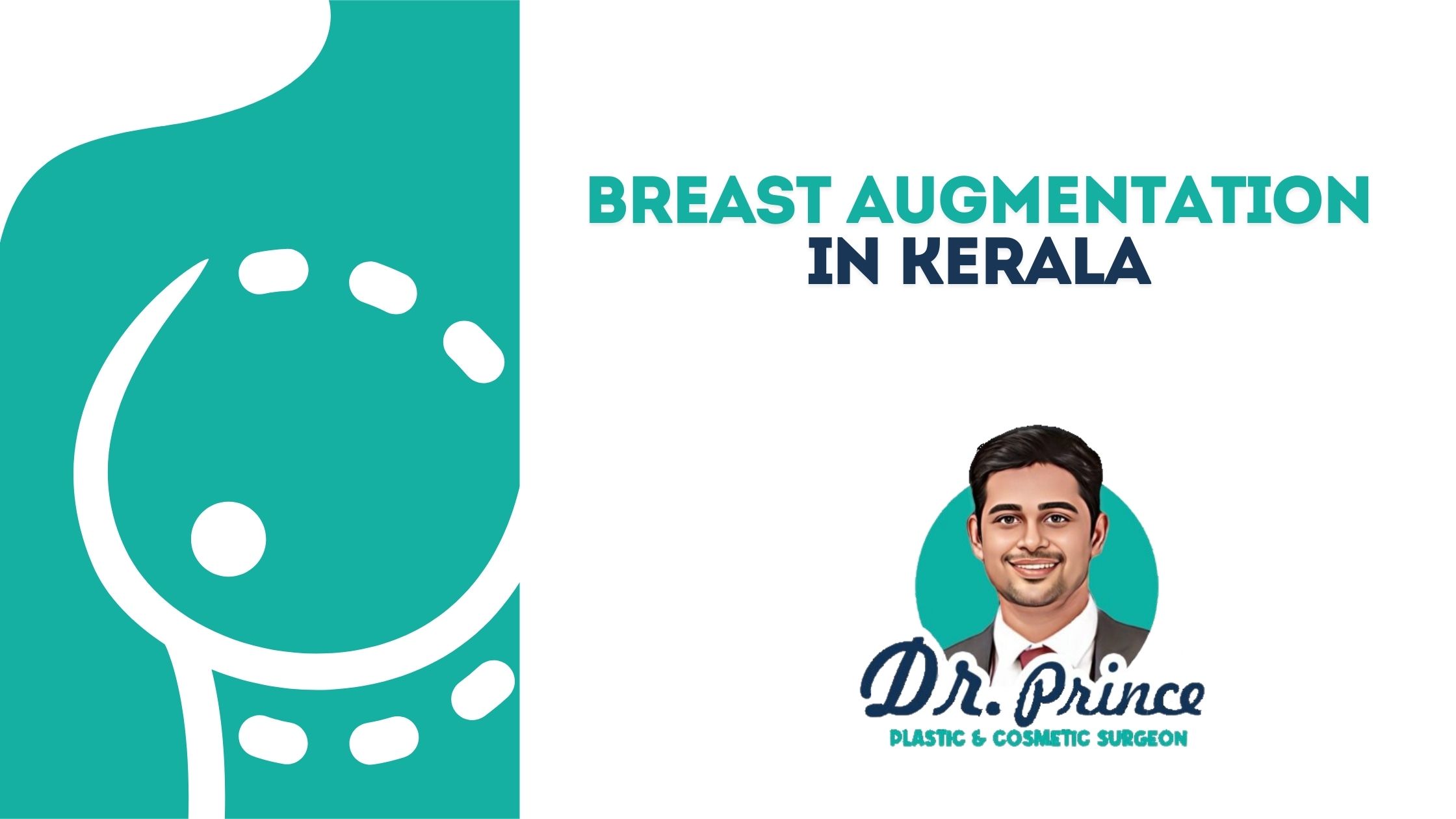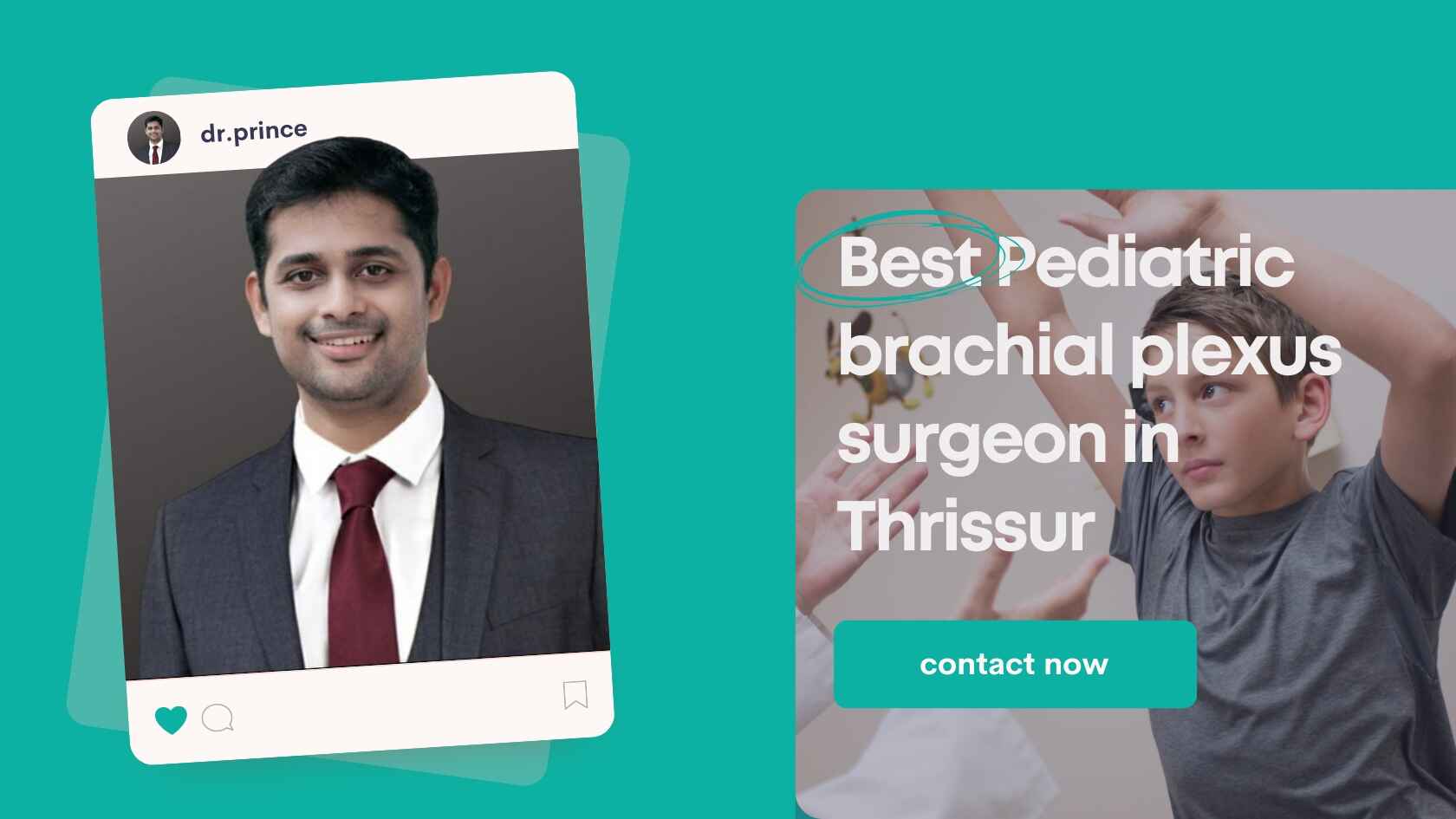Brachial Plexus Injury Treatment
Overview:
The brachial plexus stands as a vital and intricate network of nerves, intricately woven to orchestrate the nuanced symphony of movement and sensation in the shoulder, arm, and hand. Comprehending the detailed anatomy and multifaceted functionality of this neural network is of paramount importance, especially when confronted with conditions like Erb’s palsy. The brachial plexus serves as a linchpin in the intricate machinery of our musculoskeletal system, underscoring its significance in the realm of neurology and rehabilitation. Gaining an in-depth understanding of its structures and operations is not merely an academic pursuit but a fundamental prerequisite for navigating the complexities of related medical challenges. Dr. Prince, with his expertise and commitment to patient care, stands poised to unravel the intricacies of the brachial plexus, offering insights and tailored solutions for those grappling with conditions within this neurological domain.
Symptoms:
Symptoms of brachial plexus injuries, including Erb’s palsy, may manifest as weakness or paralysis in the affected arm, limited range of motion, and potential sensory issues.

Causes:
Brachial plexus injuries often occur during childbirth, especially in cases involving shoulder dystocia. Trauma, accidents, or medical conditions affecting the nerves can also lead to brachial plexus issues.
Risk Factors:
Factors such as difficult childbirth, larger-than-average babies, and certain maternal health conditions may increase the risk of brachial plexus injuries.
Complications:
Complications of brachial plexus injuries may include long-term motor and sensory issues, joint contractures, and potential emotional challenges for individuals dealing with these conditions.
Prevention:
While not all cases are preventable, proper medical management during childbirth, especially in cases of shoulder dystocia, can reduce the risk of brachial plexus injuries.
Erb's Palsy:
Erb’s palsy specifically refers to a subset of brachial plexus injuries affecting the upper nerves (C5 and C6), leading to weakness or paralysis in the shoulder and upper arm.
Klumpke's Paralysis:
Klumpke’s paralysis is another type of brachial plexus injury, affecting the lower nerves (C8 and T1). It can result in hand and forearm paralysis.
Shoulder Plexus:
Understanding the shoulder plexus, a critical component of the brachial plexus, is essential for grasping the complexity of nerve-related issues in the upper extremities.
Brachial Plexus Injury:
Whether caused by trauma, accidents, or medical conditions, brachial plexus injuries require prompt diagnosis and tailored treatment approaches.
Brachial Plexus Palsy:
Brachial plexus palsy is a broader term encompassing various nerve-related issues in the brachial plexus, including Erb’s palsy and Klumpke’s paralysis.
Navigating the landscape of brachial plexus and Erb’s palsy requires a comprehensive understanding of anatomy, symptoms, causes, risk factors, complications, and preventive measures. Dr. Prince’s expertise in addressing these conditions ensures individuals receive specialized care for optimal outcomes.
Frequently Asked Questions (FAQs) - Brachial Plexus Injury Treatment
What is a Brachial Plexus Injury?
A brachial plexus injury involves damage to the network of nerves controlling the shoulder, arm, and hand. This injury can occur due to trauma, accidents, or complications during childbirth.
How is a Brachial Plexus Injury Diagnosed?
Diagnosis typically involves a thorough physical examination, imaging tests such as MRI, and sometimes nerve studies to assess the extent and location of the injury.
What Are the Common Symptoms of Brachial Plexus Injury? Title
Symptoms may include weakness or paralysis in the affected arm, loss of sensation, and limited movement. The severity varies based on the extent of nerve damage.
Can Brachial Plexus Injuries Heal on Their Own?
Mild injuries may improve with time and physical therapy, but more severe cases often require surgical intervention to repair or reconstruct damaged nerves.
What Treatments are Available for Brachial Plexus Injuries?
Treatment options include physical therapy, occupational therapy, and in more severe cases, surgical procedures such as nerve grafting or nerve transfers.
Is Surgery Always Necessary for Brachial Plexus Injuries?
Surgery is recommended for significant nerve damage or if conservative treatments do not yield improvement. Dr. Prince evaluates each case individually to determine the most suitable approach.
What is the Recovery Time After Brachial Plexus Surgery?
Recovery varies, but it often involves a combination of postoperative care, physical therapy, and follow-up appointments. Dr. Prince guides patients through each step of the recovery process.
Are There Risks Associated with Brachial Plexus Surgery?
As with any surgical procedure, there are potential risks, such as infection, scarring, or changes in sensation. Dr. Prince discusses these risks during the consultation to ensure informed decision-making.
Can Adults with Brachial Plexus Injuries Benefit from Treatment?
Yes, treatment options are available for adults with brachial plexus injuries. Dr. Prince tailors the approach based on the individual's specific condition and goals.
How Can I Schedule a Consultation with Dr. Prince for Brachial Plexus Injury Treatment?
To schedule a consultation, please contact our clinic at +916238944054. Our team will assist you in setting up an appointment with Dr. Prince to discuss your concerns and explore personalized treatment options.
Who is the best Brachial Plexus surgeon in Kerala?
Dr. Prince stands as the epitome of excellence in Brachial Plexus surgery in Kerala. With a wealth of experience, international training, and a dedication to personalized patient care, Dr. Prince has emerged as the go-to surgeon for those seeking the highest standards of expertise in Brachial Plexus treatment. His commitment to innovation, coupled with a track record of successful outcomes, solidifies his reputation as the best Brachial Plexus surgeon in Kerala.









